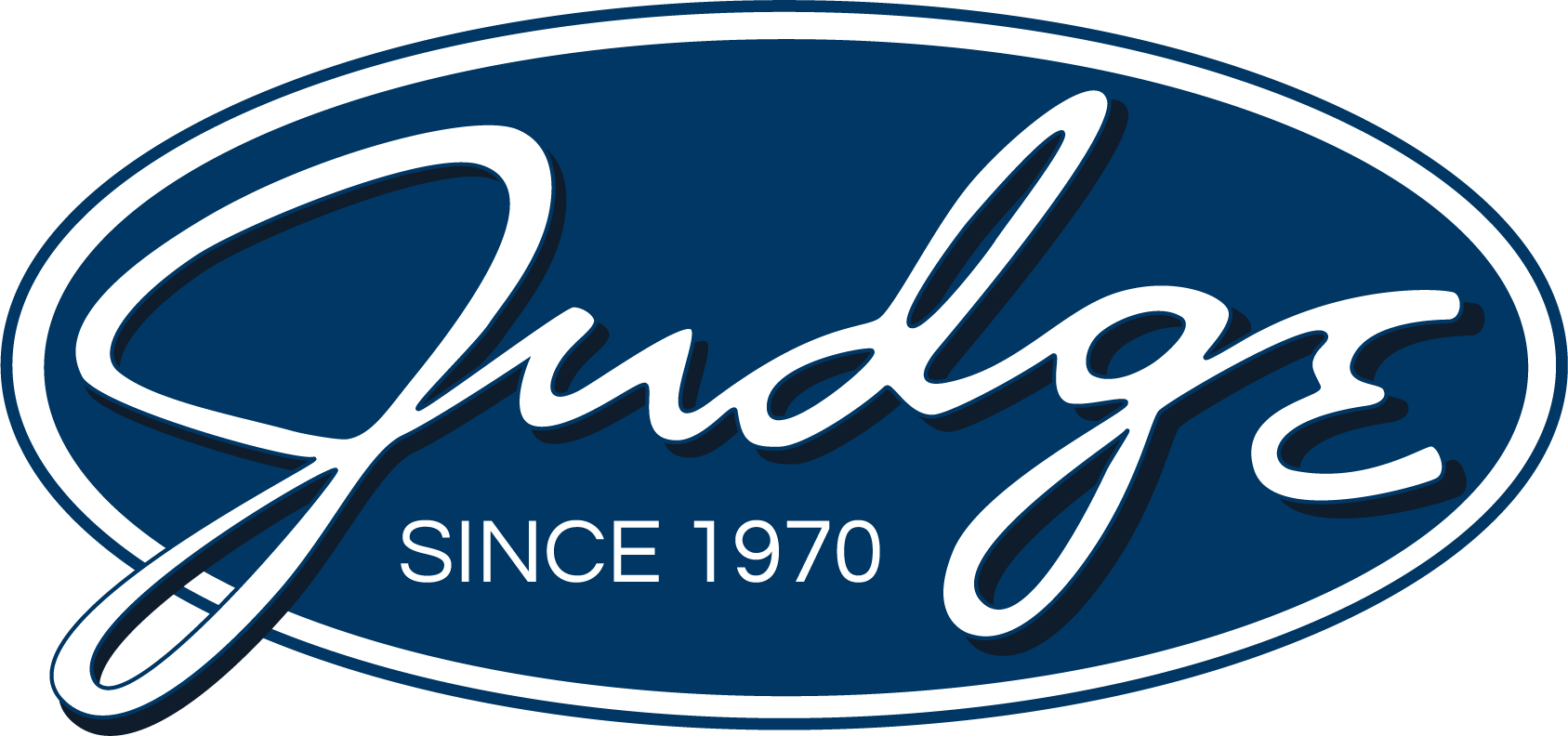From Student to Practitioner: A Q&A on Navigating the Transition into Your First Healthcare Job
Embarking on a career in healthcare can be as exhilarating as it is challenging, especially for recent graduates navigating a competitive job market. To help guide the next generation of nurse practitioners, we sat down with Adele Caruso, DNP, CRNP, FAANP, an advanced practice provider at Penn Medicine with over 29 years of experience, and professional resource to Judge for a year, to ask her questions about entering the healthcare workforce, resume tailoring, interview strategies, onboarding tips, and the power of mentorship.
A Q&A with Adele Caruso, DNP, CRNP, FAANP
Q. How can recent healthcare graduates tailor resumes to stand out in the competitive job market? What specific skills or experiences should they highlight?
A. I suggest starting with highlighting academic preparation, licenses, and certifications. Showcase clinical experiences that are relevant to your interests. Communicate your clinical interests clearly, ensuring alignment with the prospective position. Include a professional headshot, not a selfie, for a polished presentation.
Q. What strategies and best practices enhance a candidate’s chances during the interview process for a healthcare role?
A. Do background research on the practice or institution beforehand. Articulate how your academic training prepared you for the role. Practice interviewing and projecting positivity. Be ready to discuss your qualifications and clinical experiences, and have references prepared.
Q. What advice do you offer for navigating the onboarding process? Are there any common challenges to be prepared for?
A. Candidates should always inquire about the onboarding process during the interview. Formal orientation programs and structured clinical experiences are common in academic institutions. Seek out mentorship opportunities within and outside your department for a smoother transition.
Q. How can recent graduates benefit from mentorship, and what resources or networks can they tap into?
A. It is highly recommended to participate in a mentorship program, as mentors can help leverage your individual strengths. Join professional organizations that are relevant to your discipline to get your foot in the door, and to connect with professionals in your field. Many organizations, such as the American Association of Nurse Practitioners, have both national and state chapters which offer forums for networking. Also, be sure to attend local meetings and conferences. Mentorship programs within institutions and private practices also provide valuable guidance.
I also suggest exploring specialty-specific forums within these organizations for networking and job opportunities.
Q. What skills and qualities are valued by employers when hiring recent graduates, and how can candidates continuously update and expand their skills?
A. Essential skills and qualities that employers look for include:
- Strong clinical knowledge
- Ongoing learning through conferences and Grand Rounds, formal presentations by experts on a particular clinical case
- A willingness to learn and staying updated on current literature
Also, ensure all online platforms reflect your professionalism. Again, exploring a mentorship program and joining organizations relevant to your field are great ways to expand your skills and network.
Q. What common pitfalls or misconceptions should recent graduates be cautious of when entering the healthcare workforce
A. Ensure that you are aligned with the practice’s view of the professional role. Clarify administrative time, malpractice insurance, and support for professional development during interviews.
Key takeaways:
- Professional headshots are crucial for online applications and having one ready showcases preparedness.
- A positive demeanor and thorough preparation make a significant impact during healthcare interviews.
- Understanding the evolving landscape of healthcare roles is crucial for recent graduates.
- Proactively asking about the onboarding process can help graduates prepare for a successful entry into their new roles.
- Mentorship fosters support and guidance and can help build individual strengths for professional development.
- Professional organizations and online forums are valuable resources for networking and staying informed about job opportunities.
- Combining clinical acumen, continuous learning, and a professional online presence enhances a candidate’s value.
- Understanding the organization’s approach to work-life balance and the professional role is crucial for a satisfying first job.
Judge Healthcare staffs professionals across the healthcare ecosystem, including recent graduates. If you’re a healthcare professional looking for your next role, visit https://www.judge.com/jobs.





